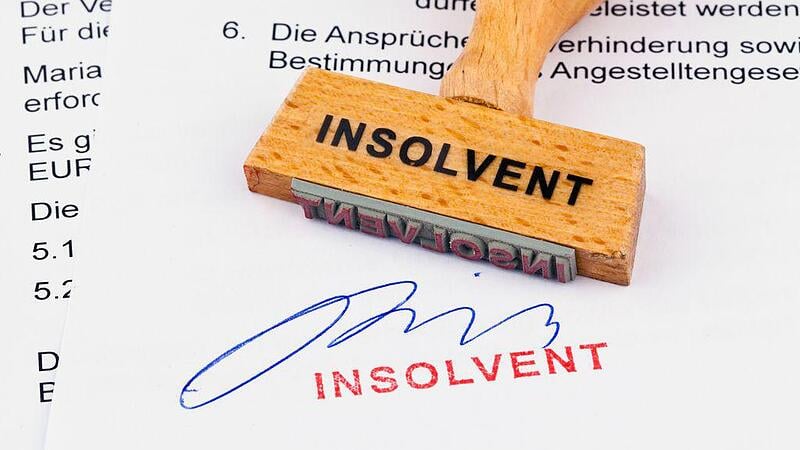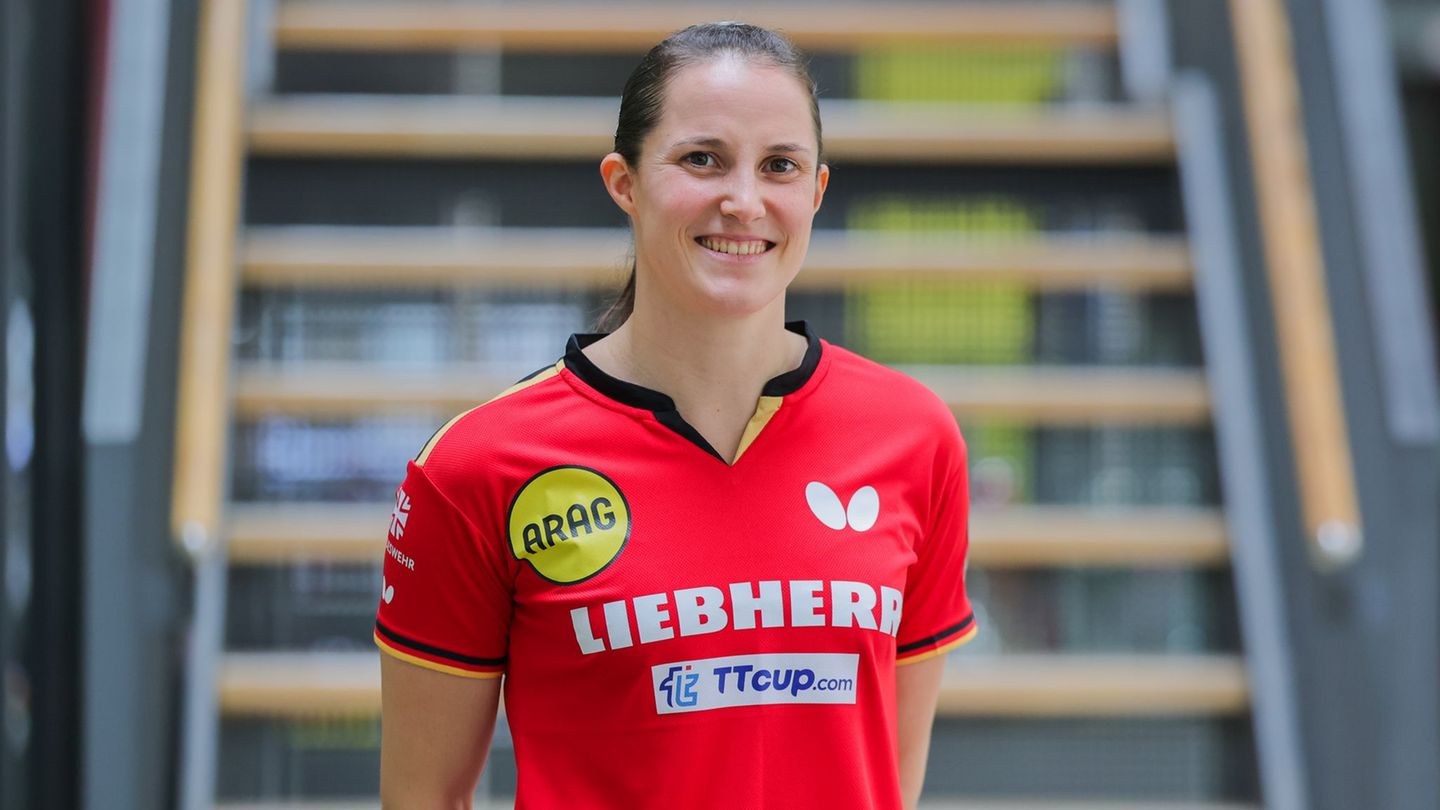Image: Colourbox.de
According to Creditreform, KSV1870 and AKV, an application for the opening of restructuring proceedings with self-administration was filed on Wednesday at the St. Pölten regional court regarding the assets of Brucha Gesellschaft mbH from Michelhausen/Lower Austria. The insolvency of the producer of insulation materials affects 504 employees and around 700 creditors.
- more on the subject: Bankruptcy of millions: Furniture store Interio is insolvent
In the event of liquidation, the free assets would amount to 34.4 million euros, which would be offset by liabilities of 75 million, reported Creditreform. The company values the freely available assets at 17.4 million euros as part of a theoretical break-up scenario and 18.9 million euros based on the book values as of December 31, 2023, the KSV announced. The liabilities were valued at 74.2 million euros. According to the asset status presented, the AKV named around 59 million euros in liabilities, of which around 20.6 million were due according to its own information.
Brucha has been producing insulation materials for industrial and commercial buildings for 75 years. According to Creditreform, the company operates three business areas: production and sale of insulation panels, modular cold and freezer cells and PS insulation panels. Brucha has branches worldwide, according to the AKV. However, sales are carried out from Austria and Germany.
Insolvency results from several factors
The insolvency resulted from several factors, Creditreform reported, pointing to incorrect investment decisions, particularly due to unrealistic market assessments and poor profitability calculations, holding on to unprofitable business areas and branches despite ongoing losses; and inadequate financial planning and monitoring. This led to an exacerbation of liquidity problems and ultimately to insolvency and over-indebtedness. Creditors are offered a restructuring plan with a quota of 30 percent of their claims, payable within two years of acceptance.
According to the KSV, the causes of insolvency according to the company’s own statements include bad investments in mechanical equipment, high cross-subsidies in sales companies in the USA, Singapore and Switzerland, calculation errors in large projects and millions in expenses due to complaints and repair damage. Discussions with banks and potential investors remained unsuccessful.
The slide into insolvency is attributed to the poor market situation and lack of a sales structure in Switzerland, which was subsequently closed, wrote the AKV. In addition, there were also sales losses at the branch in the USA, as well as in Singapore due to Corona-related entry restrictions. Furthermore, the insolvency decline is attributed to complaints and repair damage, increased energy costs and the increase in raw material prices.
more from economics




